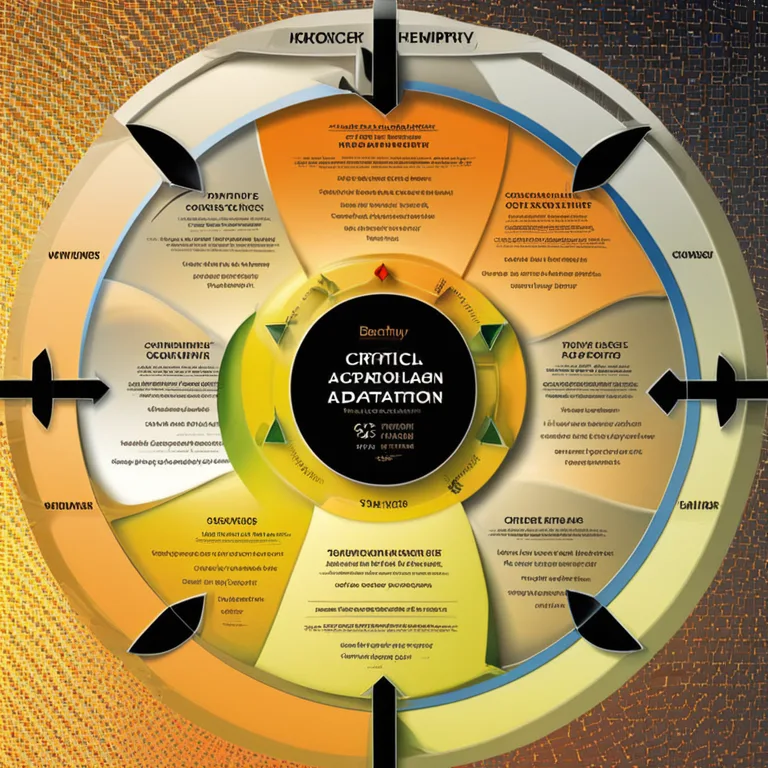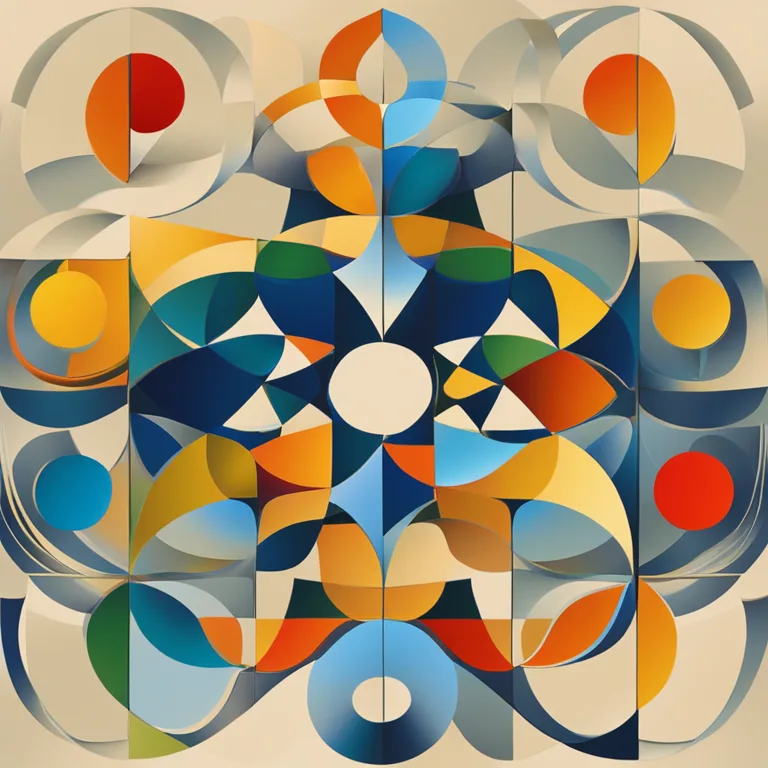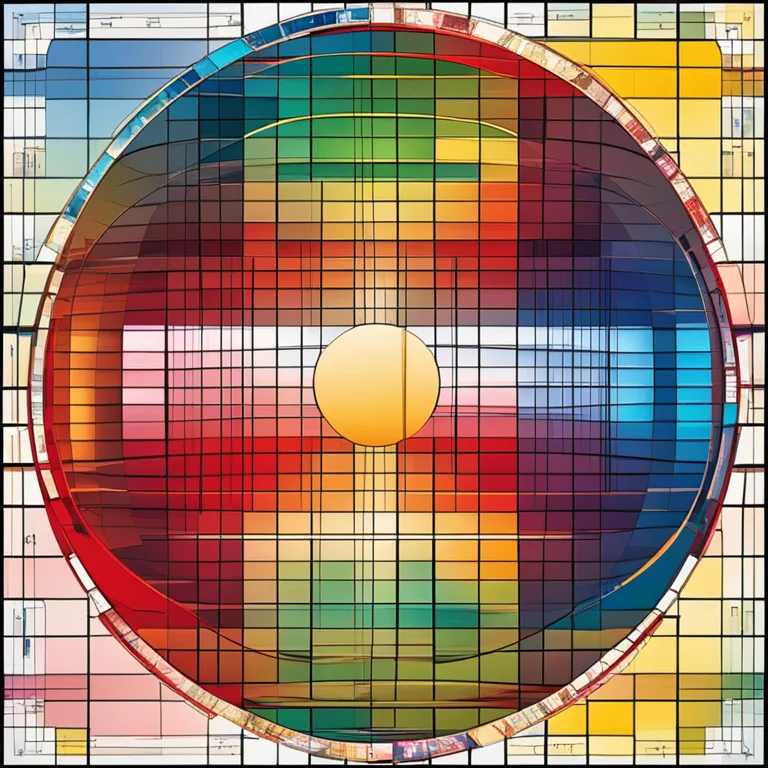
The Basis of Biorhythms: Patterns of Life's Cycles
Delve into the scientific underpinnings of biorhythms and how they are theorized to influence the physical, emotional, and intellectual aspects of our lives.
article by Adrian Wallace
Biorhythm Theory Introduction
Biorhythms are a concept that suggests our lives are influenced by natural physiological cycles. The theory of biorhythms finds its roots in the 19th century, but it gained popularity in the 20th century, with enthusiasts confident that understanding these rhythms could offer enhanced predictions about people's lives. It's important to note that biorhythms, while fascinating for many, lack substantial scientific backing and are often regarded with skepticism by the scientific community. Yet, despite the criticisms, they remain a topic of interest for some within the wellness and self-help landscapes.

Three Primary Cycles
The cornerstone of biorhythm theory lies in three cyclic patterns believed to affect human behavior and performance: the physical, emotional, and intellectual cycles. Each cycle has a specific duration: the physical cycle is 23 days, the emotional cycle is 28 days, reflecting the lunar cycle, and the intellectual cycle spans 33 days. These cycles start from the moment of birth and are said to oscillate in sinusoidal patterns between positive and negative phases, which proponents argue can influence our capabilities and wellbeing.

Calculating Biorhythms
To calculate a person's biorhythms, one would typically use their birth date as a starting point. From there, one can chart these cycles to explore where they might be on any given day in each of the three primary rhythms. Some suggest these analyses can be used to forecast periods of high performance or vulnerability. As we progress well into the 21st century, there are numerous applications and online tools that claim to provide personalized biorhythm charts for those who remain curious about their potential influence.

Critical Days and Adaptation
Key to biorhythm theory is the belief in "critical days," which occur when a cycle crosses from a positive to a negative phase, or vice versa. During these transition points, individuals are thought to be more prone to accidents or errors in judgment. However, the natural adaptive abilities of humans could also make us more resilient to the predicted impacts of these cycles. Those who integrate biorhythms into their lives often use these insights to potentially inform decision-making, rather than as definitive predictions.

Scientific Scrutiny and Studies
Scientific investigation into biorhythms has been limited, with the majority of studies failing to corroborate the claims made by biorhythm theory. Critics point out that the theory lacks empirical evidence and that biorhythmic patterns do not consistently align with empirical observations of human behavior or performance. Despite the skepticism in scientific circles, biorhythm calculators and interpretations continue to be a part of alternative approaches to wellness and self-awareness, akin to astrology and numerology.
Biorhythms in Modern Times
As we move through the 2020s, biorhythms have seen a resurgence in some wellness circles, dovetailing with interests in holistic health and personalized lifestyle adjustments. Modern proponents of biorhythms draw connections between these cycles and other rhythmic biological phenomena, such as circadian rhythms. While the link between biorhythms and scientifically acknowledged biological rhythms remains tenuous, ongoing interest in human patterns and cycles ensures that biorhythms will likely continue to be a topic of intrigue for years to come.
Published: 12/28/2023
Modified: 12/28/2023
More predictions
Come back here soon to learn more about yourself and your future


The Synergy of Biorhythm Compatibility
Delve into the intriguing concept of biorhythm compatibility to foster deeper connections and understand interpersonal dynamics.


Biorhythms Compatibility Calculator: Synchronize Your Cycles
Discover how a biorhythms compatibility calculator can help you sync with your partner's innate cycles for an enhanced connection.


The Accuracy of Biorhythms: A Myth or Science?
Delve into the debate on the accuracy of biorhythms and discover whether they hold any scientific validity.